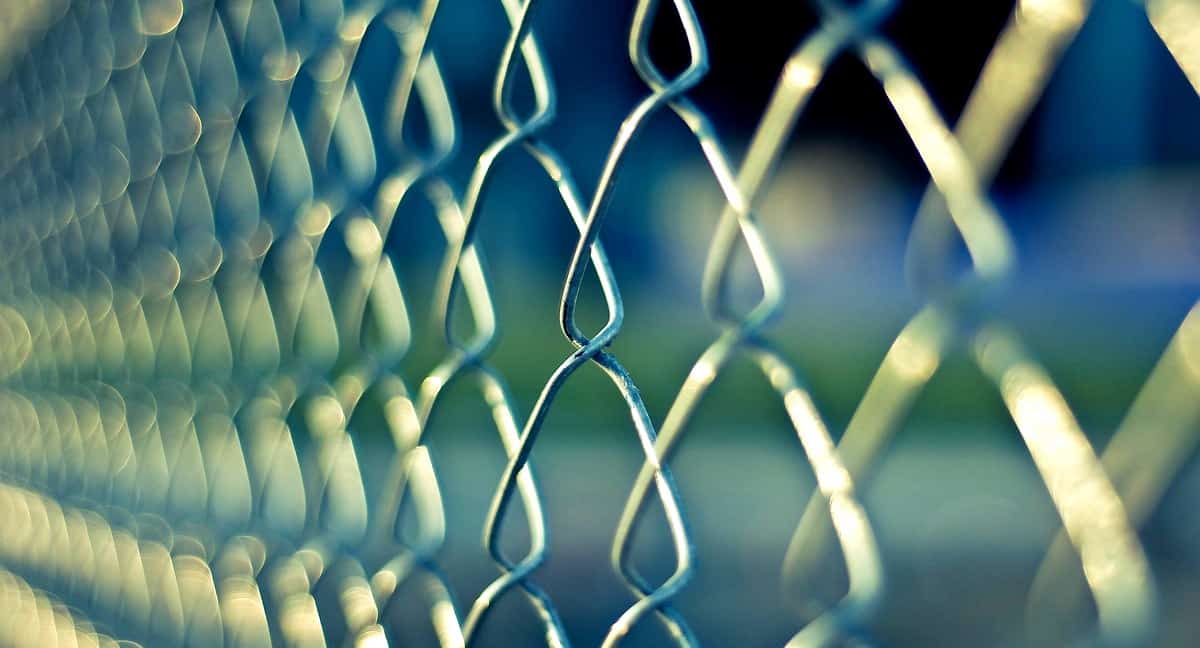As the Covid-19 pandemic intensifies, a number of countries have begun to free prisoners who qualify for release under the specific conditions laid down, which vary from nation to nation.
In general, inmates whose crimes are considered to be non-violent have been released, as well as those who are nearing the end of their sentence. There have been calls for political prisoners to be released, as their imprisonment is a human rights violation to begin with.
But the corrupt should not be considered for release, say activists around the world.
In Iran 85 000 prisoners are now temporarily free, including political prisoners. Ethiopia marked 4 011 prisoners for pardon and release, while 10 000 were released in Afghanistan. The UK was also planning to release prisoners temporarily, as were Morocco and Myanmar, among others.
In Turkey a bill was passed to release 45 000 prisoners temporarily and another bill was about to be passed to release 45 000 more permanently – political prisoners were not included in this number.
In Indonesia over 30 000 inmates who were classed as petty criminals or who had served at least two-thirds of their terms were released at the beginning of April. Meanwhile, others still incarcerated are rioting in the country’s prisons.
Time will tell if these prisoners will return to crime or will live as lawful citizens.
Anti-corruption activists are not pleased, saying that governments are looking to free those convicted of corruption. Donal Fariz, a legal researcher with Indonesia Corruption Watch (not connected to South Africa’s Corruption Watch), said this decision could very well be a serious blow to anti-corruption efforts in the country. He accused Minister Yasonna Laoly of using the pandemic to release those imprisoned for serious acts of corruption by disguising them as minimal offences.
The Guardian reports that the Indonesian government’s plans apparently do include releasing those convicted of corruption. “This plan is seen by some as favouring public officials jailed for corruption or ‘graft’ offences, including Setya Novanto and Suryadharma Ali – men from political circles who were convicted of stealing public funds”.
Prisoners have rights to mental and physical health
UN High Commissioner for Human Rights Michelle Bachelet said in a statement that governments and relevant authorities must work quickly to reduce the number of people in detention, and that authorities should examine ways to release those particularly vulnerable to Covid-19, such as the sick and elderly, as well as low-risk offenders. They should also continue to provide for the specific health-care requirements of women prisoners, including those who are pregnant, as well as those of inmates with disabilities and of juvenile detainees.
“Now, more than ever, governments should release every person detained without sufficient legal basis, including political prisoners and others detained simply for expressing critical or dissenting views,” Bachelet said.
Countries have a particular duty to protect inmates’ physical and mental health and well-being, as set out by the UN Standard Minimum Rules for the Treatment of Prisoners (also known as the Nelson Mandela Rules).
South Africa’s justice minister Ronald Lamola said in an interview that his department was not considering releasing prisoners yet. Rather, hygiene measures would be ramped up. Two weeks after he said this, activist organisation Sonke Gender Justice called on the government to release prisoners after outbreaks in the Eastern Cape.
Corruption complicates Covid-19
Corruption in prisons is a long-standing problem, and South Africans are regularly treated to video clips of inmates enjoying parties and using mobile phones and other items that they’re not entitled to. With the outbreak of the novel coronavirus pandemic the problem is now literally a matter of life and death. It’s not impossible to imagine that the virus could be smuggled in along with forbidden items.
In the confined environment of a prison – and South Africa’s prisons are notoriously overcrowded – there is a great danger of Covid-19 spreading rapidly, once inside. Where dozens of people are crowded into one room, social distancing is an impossibility and a contagious respiratory disease will find no resistance.
“How do incarcerated persons implement social distancing in these one-room dormitories? Inmates are already in a ‘lockdown’ state in which movement is restricted to the four walls of these rooms,” wrote former inmate Peter Christians.
Christians pointed to smoking as another danger, because regulations are ignored. “One cigarette is never smoked by fewer than three people at a time and even though government regulations prohibit smoking, wardens know the complications it would cause to refuse inmates tobacco and therefore they are lenient. ”
In early April the East London Correctional Centre was already described as one of the country’s Covid-19 epicentres, after a staff member brought the virus in from a funeral she’d attended.
“Prevention measures for officials are being flagged as the numbers continue to increase, hence a comprehensive care response to all positive cases remains pivotal,” said the Department of Correctional Services (DCS). Family visits have been suspended, and testing has been accelerated in all detention centres.
The Eastern Cape remains the country’s hardest hit province in terms of prisons, with 31 inmates and 56 officials testing positive, according to stats released on 18 April. Next is the Western Cape with 22 inmates and 1 official.
DCS has 141 confirmed cases as of 30 April, with 77 officials and 64 inmates testing positive.
The department has also confirmed three recoveries.




